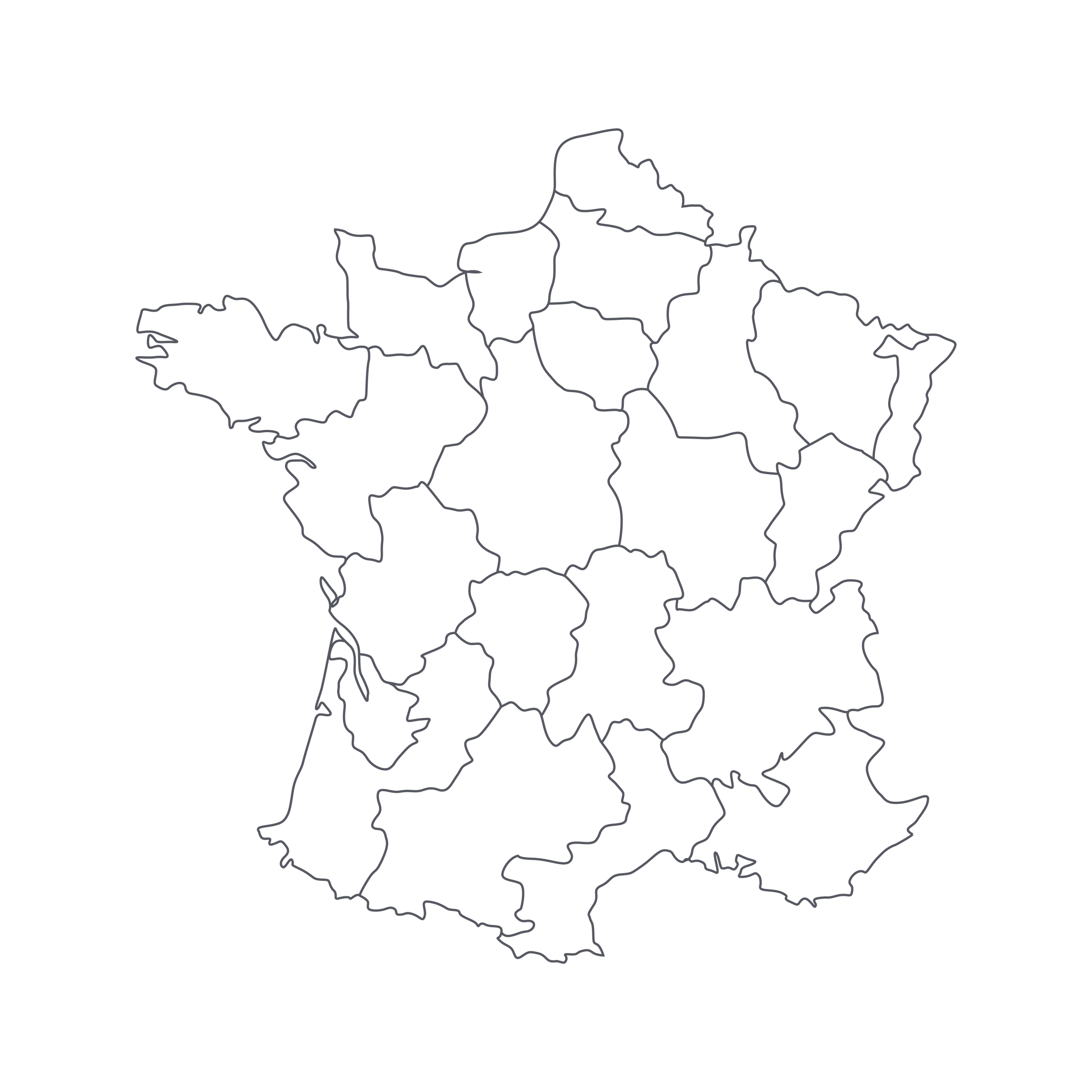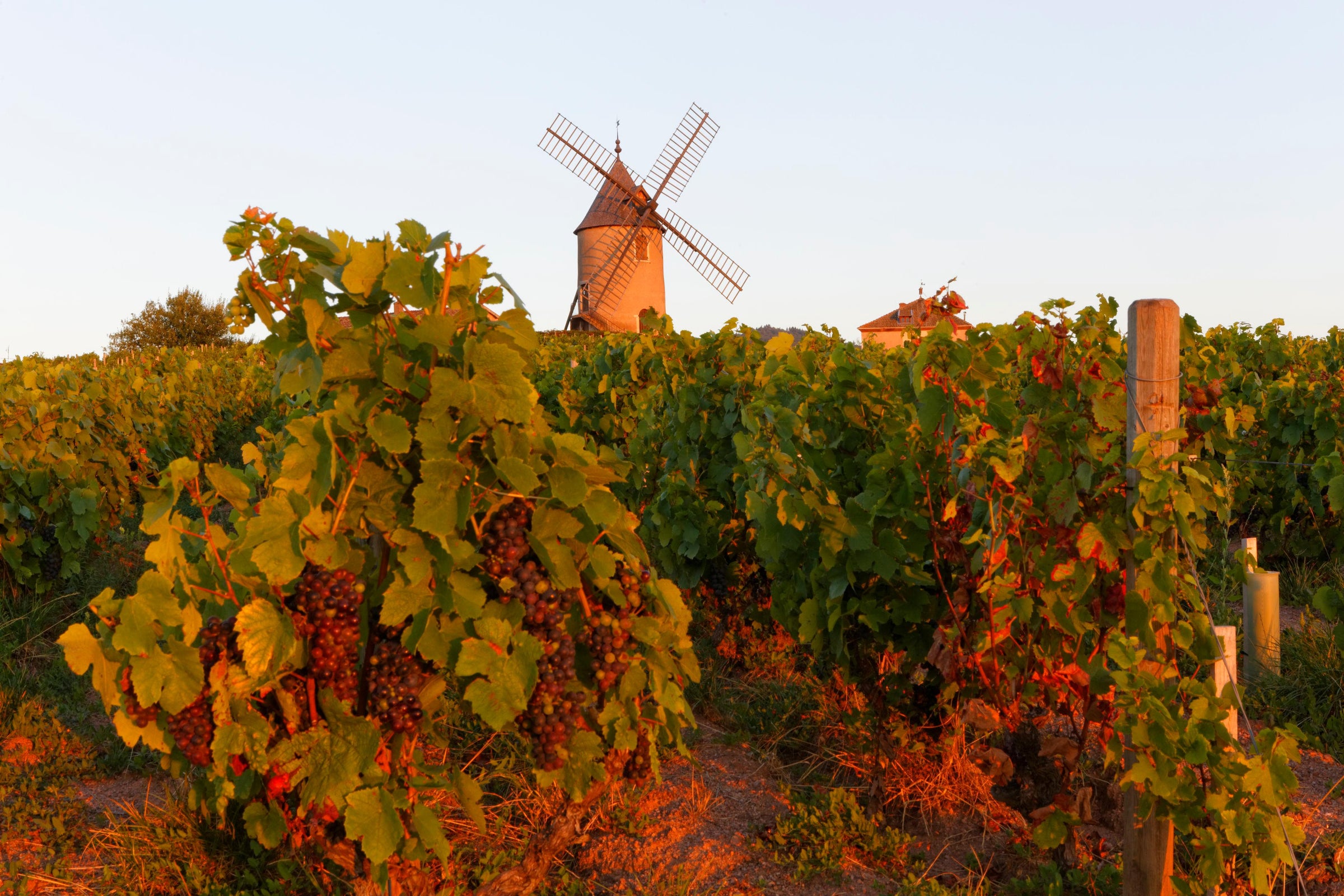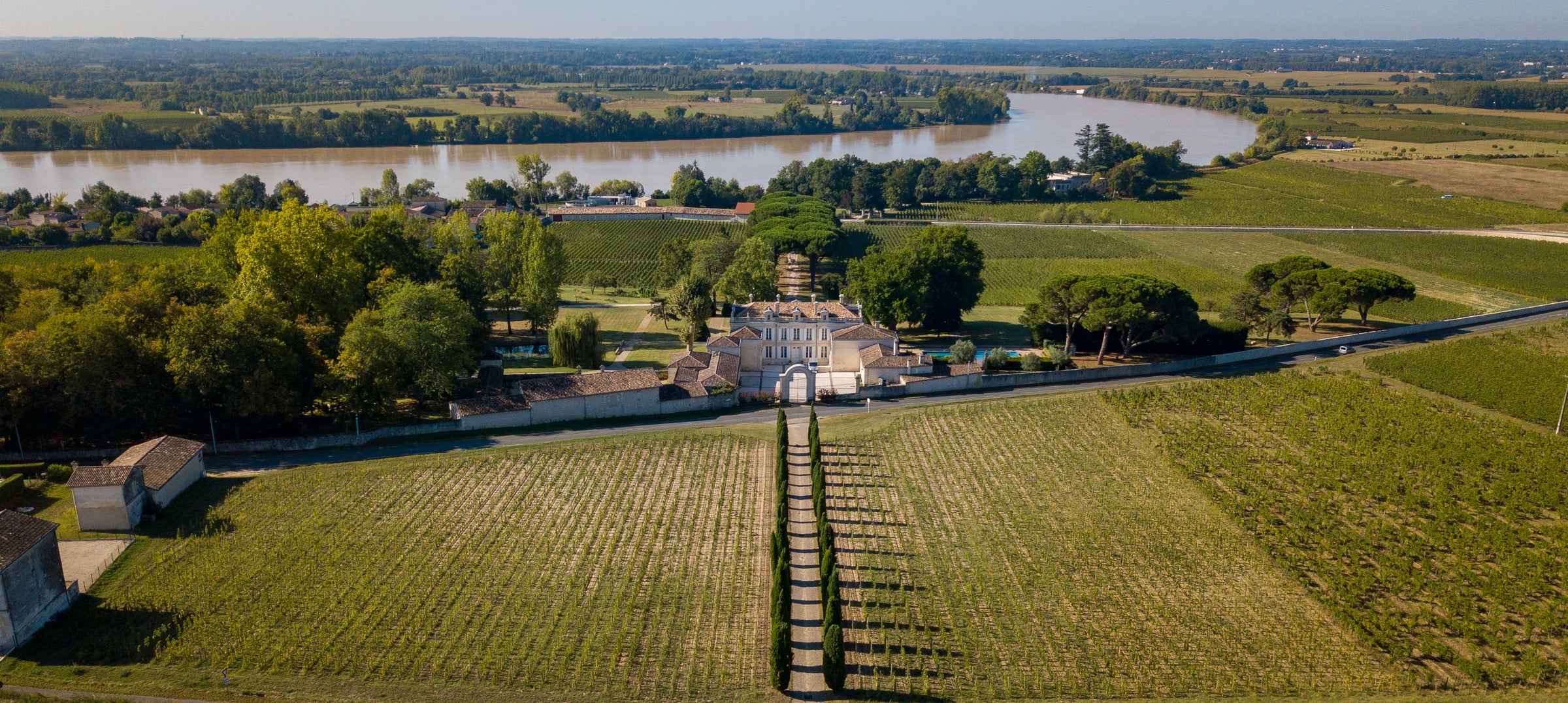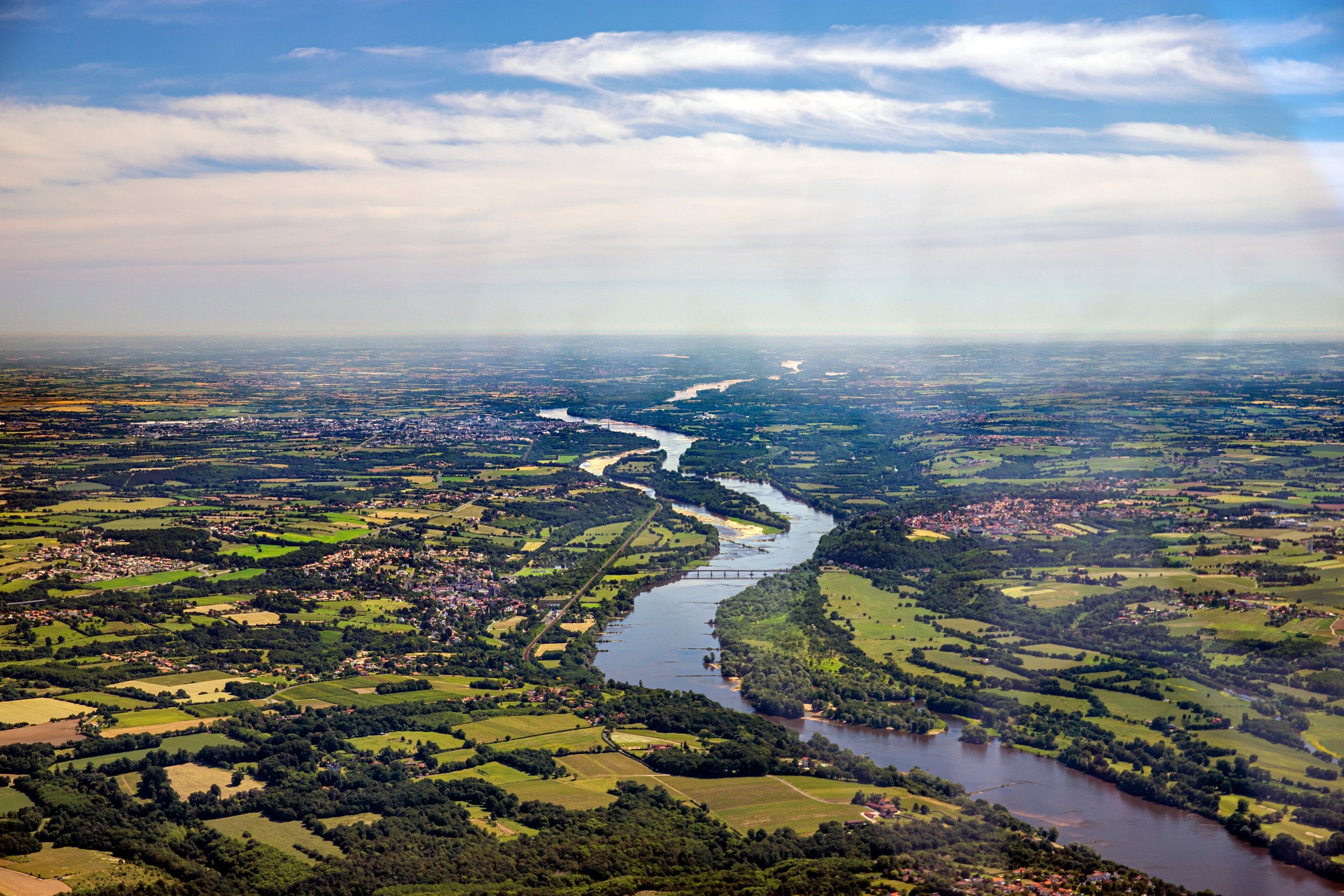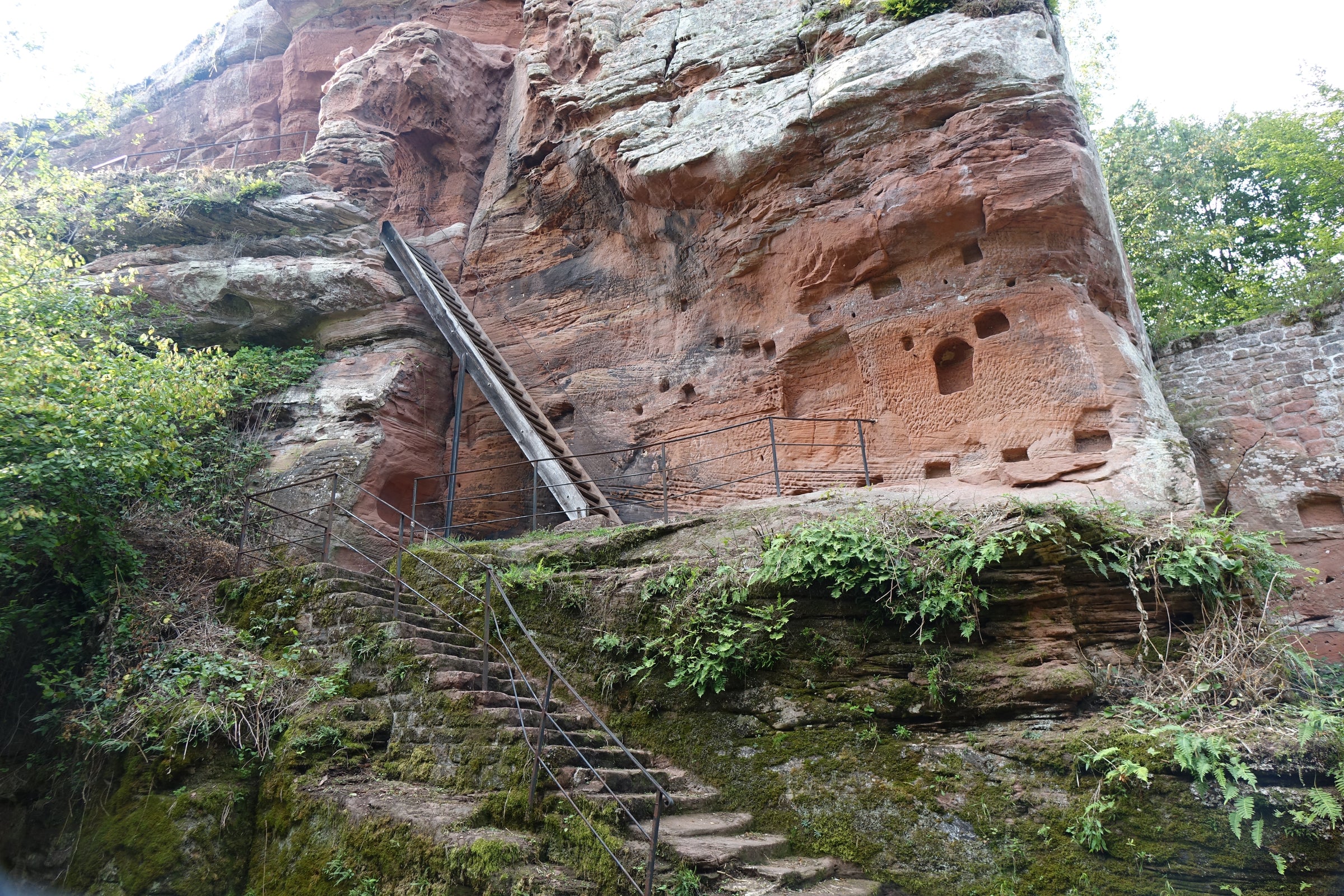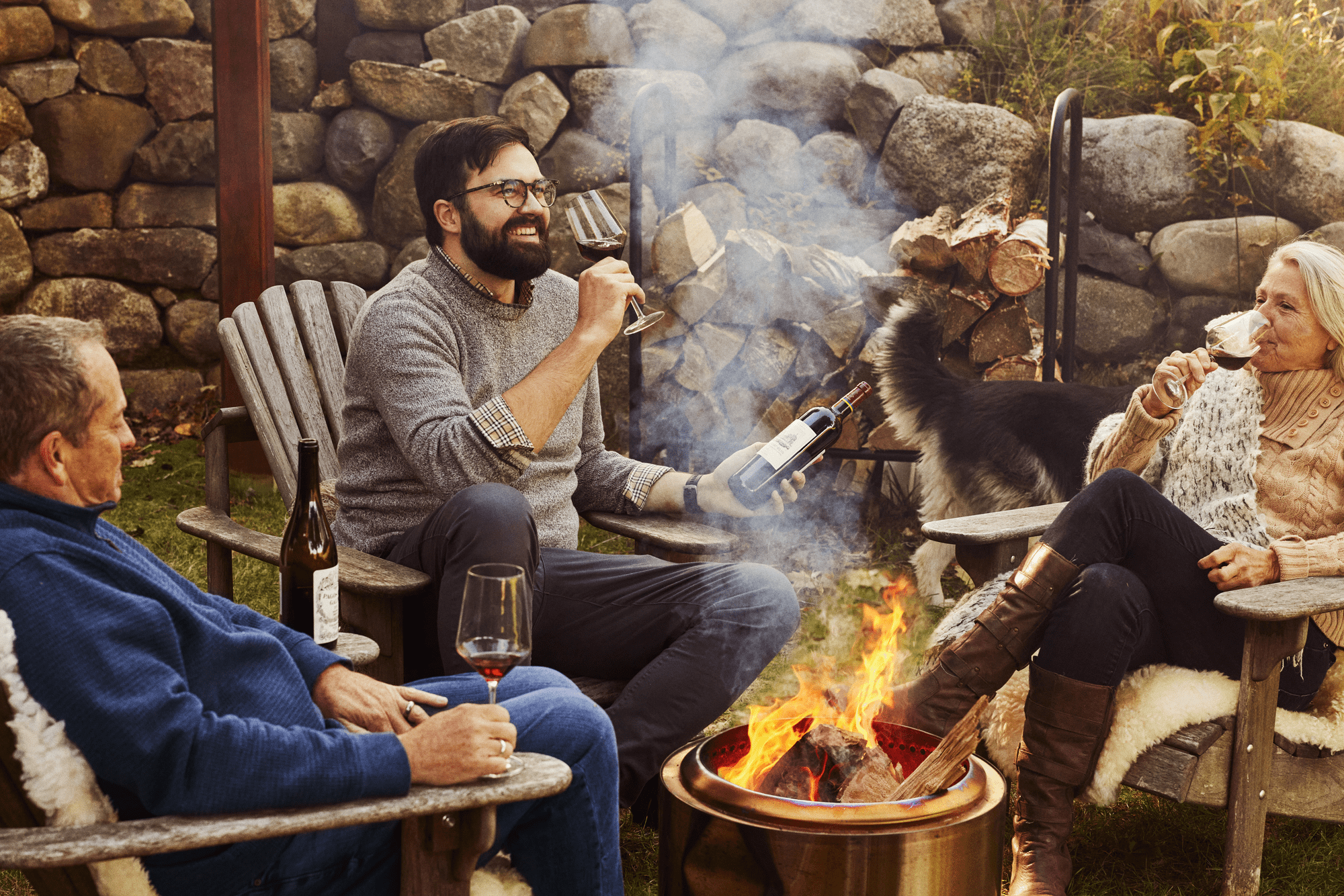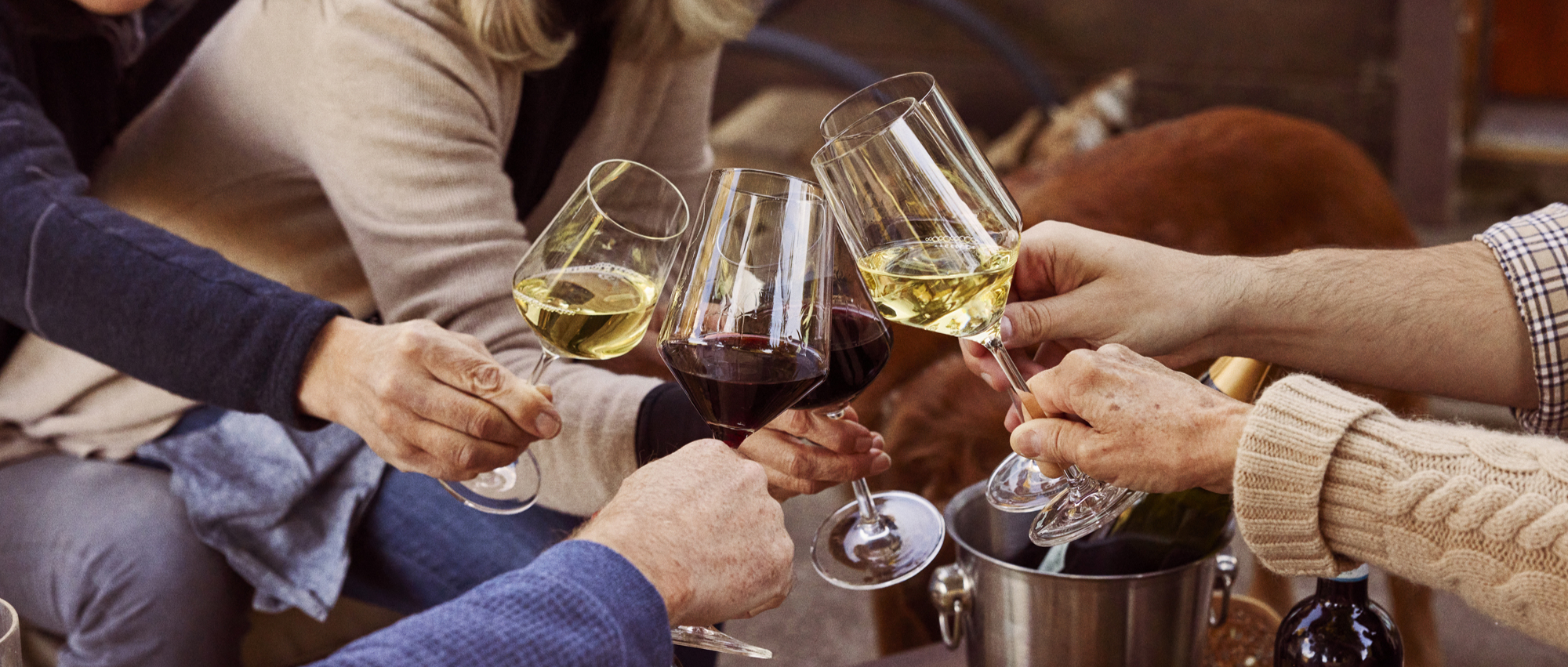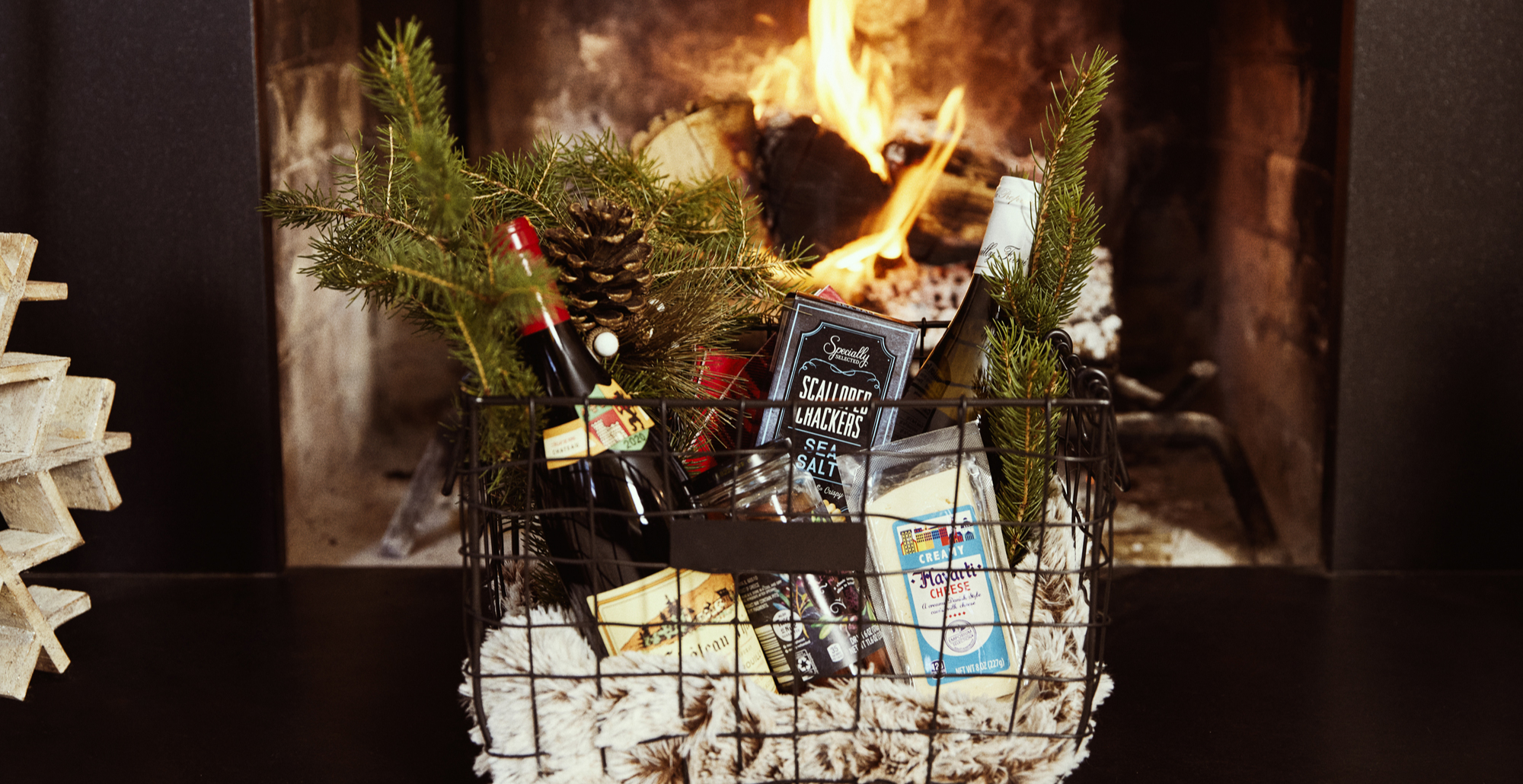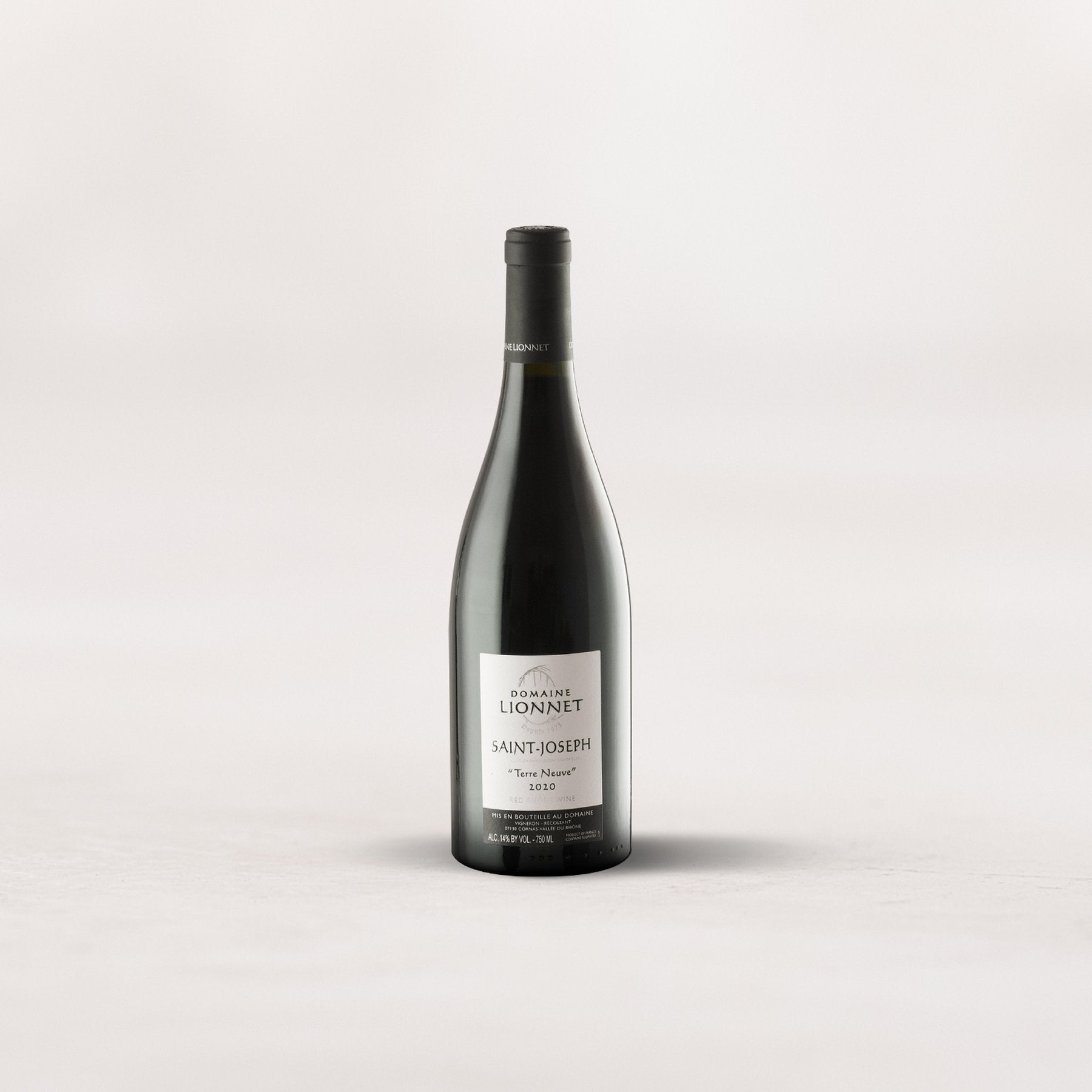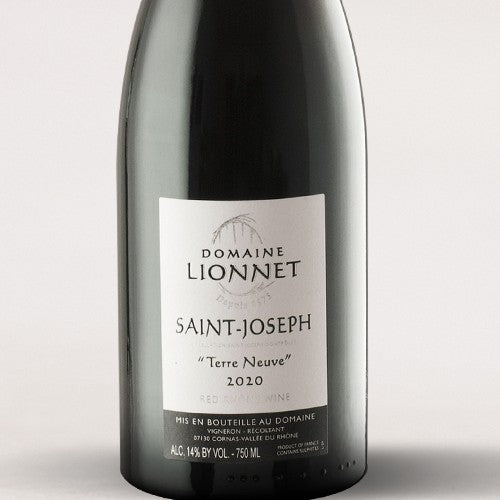Forged by a family that’s spent 448 years cultivating grapes on steep hillsides of Cornas, Lionnet’s “Terre Neuve” is an intoxicating, red-hot Syrah rarity that comes and goes in an instant each year. The 2018 vintage was the first time we had the ability to offer it, only because we bought 99% of the allocation before anyone else could sniff it. We weren’t as lucky or quick with their 2019 release: Two-thirds of the US allotment vanished within the competitive restaurant/retail circuits of New York and California before we could make our mad dash. And with the 2020 release, we’re looking at even less wine.
If this is a new name for you, Domaine Lionnet’s Certified Organic and deeply traditional Syrahs have become routine show-stealers in a roomful of Northern Rhône heavyweights, yet I still find myself shocked by how they consistently outperform their peers and price point. Today’s micro-production Saint-Joseph is the greatest example of that: “Terre Neuve'” comes from vines right outside the Cornas boundary, and it’s a rip-roaringly intense, musclebound, super-perfumed Syrah that would scare off any contemporaries in this price range. Enjoy up to six bottles!
We all know the expression “bigger is better,” but as I’ve written before, the opposite is often the case in the world of wine. Smaller vineyards, smaller cellars, and a focused and humble approach to one’s work reliably deliver the most soulful and impressive results. Domaine Lionnet is tiny: this is a one-man show that produces a few hundred cases of wine from a mere three hectares of vines, and not too much has changed since the family began farming this hillside in 1575. Vines are grown 100% organically, and all labor—including the grueling work of maintaining steep stone terraces—is done by hand. Simply put, the wines produced here are designed to be treasured for many years. In the cellar, Lionnet bottles Cornas with a philosophy that pays duly flattering homage to the old guards, i.e. painstakingly handmade wines.
Today’s rarely seen “Terre Neuve” bottling is the Lionnet family’s only Saint-Joseph bottling. It originates from two parcels—one young and the other over 70 years of age—that combine to fall just shy of a single hectare. While it has become fashionable for properties to separate their Northern Rhîone bottlings into an individual single-vineyard “luxury” cuvée, the traditional method of the Lionnet family is to combine parcels into one wine that communicates the totality of this timeless terroir. This antique approach extends to the cellar: The grapes are left on their whole clusters during fermentation in concrete vats and, upon completion, the wine is transferred into old French barrels and demi-muids for 18 months. No additives or filtration.
Lionnet is renowned for producing structured, evocative reds with seemingly infinite aging potential, so if you absolutely must drink a bottle within the next two years, a minimum 60-minute decant is required. Put another way, this is serious, major-league stuff that needs ample time warming up in the bullpen before unleashing its potential. In a Bordeaux stem, you’ll discover this 2020 holds deep, heady aromas of purple-blue fruits, boysenberry liqueur, currant, and roasted plum intertwined with candied violet, cracked pepper, scorched rock, smoked meat, and green olive. Still, it’s all about the gorgeous primary fruit right now, so should you want to explore all this Syrah has to offer in the savory department, I suggest cellaring this until 2025 at the earliest. Cheers!
